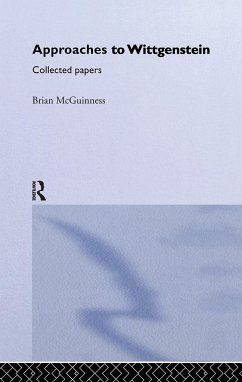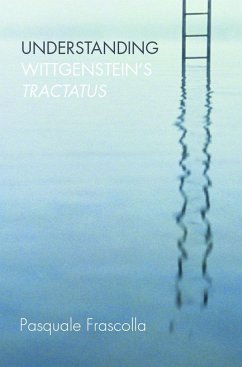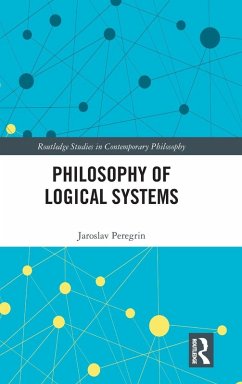
The New Wittgenstein
Versandkostenfrei!
Versandfertig in 1-2 Wochen
148,99 €
inkl. MwSt.
Weitere Ausgaben:

PAYBACK Punkte
74 °P sammeln!
"The New Wittgenstein" offers a major reevaluation of Wittgenstein's thinking. This stellar collection of original essays by the "third wave" of Wittgenstein critics presents a significantly different portrait of the philosopher, not as a proponent of metaphysical theories but as an advocate of philosophy as therapy--a means of helping us grasp the essence of thought and language by attending to our everyday forms of expression. Boldly criticizing standard interpretations and offering unorthodox perspectives, these controversial essays will change the way we look at Wittgenstein's entire body ...
"The New Wittgenstein" offers a major reevaluation of Wittgenstein's thinking. This stellar collection of original essays by the "third wave" of Wittgenstein critics presents a significantly different portrait of the philosopher, not as a proponent of metaphysical theories but as an advocate of philosophy as therapy--a means of helping us grasp the essence of thought and language by attending to our everyday forms of expression. Boldly criticizing standard interpretations and offering unorthodox perspectives, these controversial essays will change the way we look at Wittgenstein's entire body of work. Contributors: Stanley Cavell, David Cerbone, James Conant, Alice Crary, Cora Diamond, David Finkelstein, Juliette Floyd, P.M.S. Hacker, John McDowell, Hilary Putnam, Rupert Read, Martin Stone, Edward Witherspoon.













